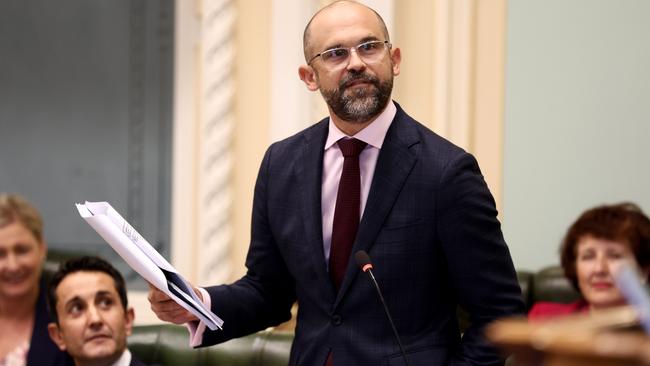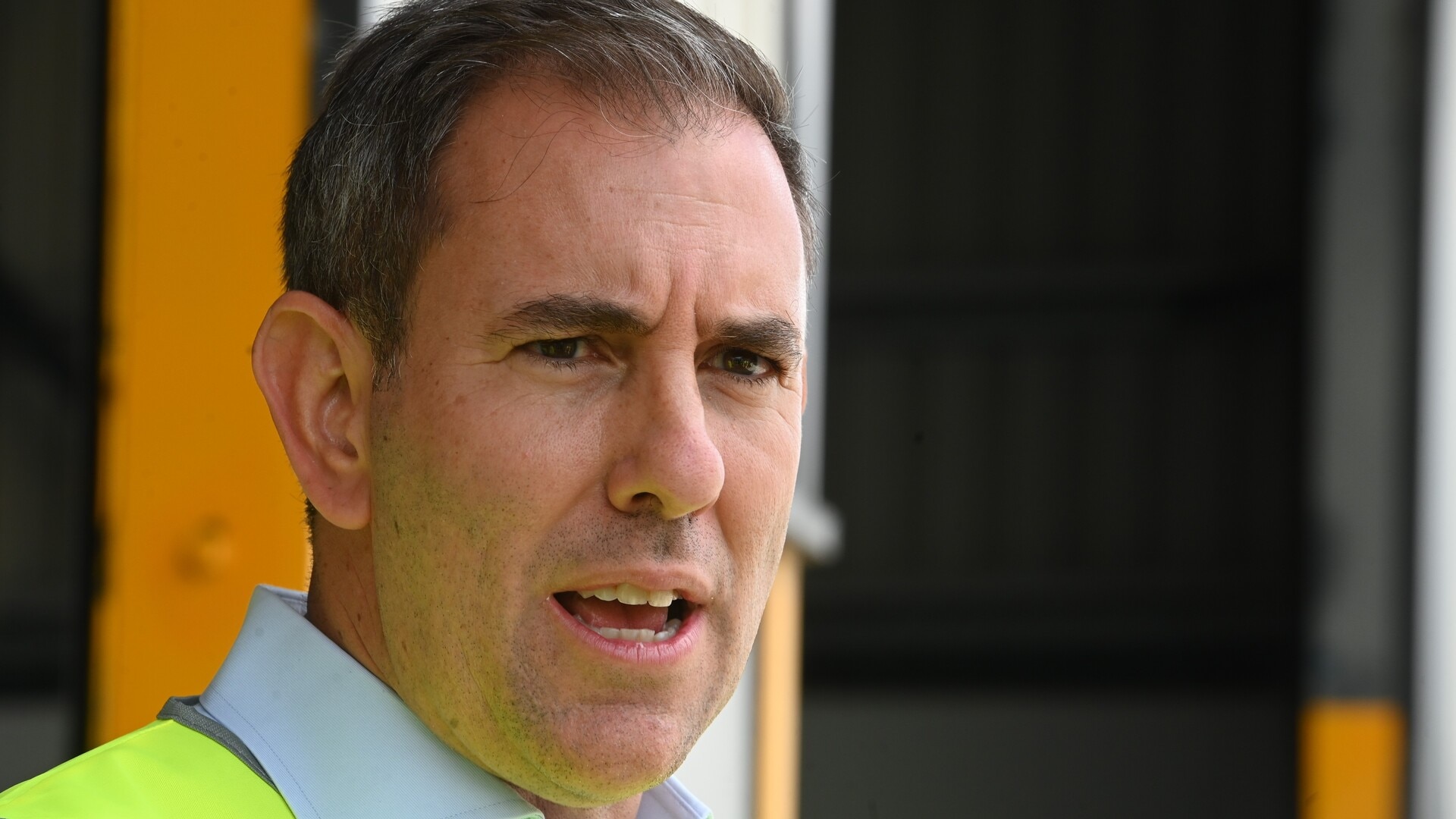New productivity commission slammed as ‘a tabby not a tiger’
Queensland’s new ‘independent’ productivity commission will not be allowed to publish its own research without the permission of LNP Treasurer David Janetzki.

Queensland’s new “independent” productivity commission will not be allowed to publish its own research into the government’s laws, regulations or the state’s economy without the permission of the Treasurer.
The Crisafulli Liberal National Party government on Wednesday night passed legislation to re-establish the state’s productivity commission as an independent statutory body, dismissing criticism from the Labor opposition the body would be a “tabby not a tiger” and a mere “LNP think tank”.
After the government suspended Labor’s so-called CFMEU tax – the union-approved Best Practice Industry Conditions for taxpayer-funded projects over $100m – in November, the new productivity commission’s first order of business will be an investigation into the state’s construction industry.

Transport and Main Roads Minister Brent Mickelberg said the new body was essential to stop “significant cost blowouts” on public infrastructure projects, including an extra $330m and a 12-month delay for the Gold Coast Light Rail stage 3 and an increase in the cost of the Cross River Rail from $5.4bn to an estimated $17bn.
“It’s because of sweetheart deals with the CFMEU … that’s Labor’s record,” Mr Mickelberg said.
He said more than 148 work days in one year were lost to industrial action on Cross River Rail worksites, as a result of the dominance of the unions.
The BPICs forced contractors tendering for major government-funded projects to negotiate agreements with unions and sets a high floor on conditions, including double pay when it rains and up to $1000 a week for workers who travel more than 50km to a site.
But former Labor transport minister Mark Bailey said the LNP’s productivity commission would not be able to do anything outside of Treasurer David Janetzki’s control, despite an LNP election promise the body would be independent.
“They promised us a tiger, and what we’ve got is a tabby,” Mr Bailey said.
The bill’s explanatory notes confirm that the productivity commission would be established as an independent statutory body, “formalising its operational independence from government”.

But the commission’s core business will be to conduct formal public inquiries, reviews and investigations as referred to it by government ministers, and the Treasurer will be able to request separate advice or research.
While the commission will be allowed to “initiate its own research and analysis into economic and social issues, regulatory matters and/or legislation” it won’t be able conduct and publish the research without the approval of Mr Janetzki.
Opposition Treasury spokeswoman Shannon Fentiman moved last-minute amendments to remove the requirement for the Treasurer to approve or amend the commission’s proposed research, but the government used its numbers in parliament to defeat the changes.
“If they truly cared about creating an independent body to examine services and projects in Queensland, then they would’ve listened to our concerns and passed our sensible amendments,” she said.
In 2021, then-Labor treasurer Cameron Dick abolished the state’s productivity commission, and brought it in-house into his department, creating an “office of productivity and red tape reduction”.
The government will appoint a full-time productivity commissioner, and will have the ability to hire up to three more assistant commissioners.






To join the conversation, please log in. Don't have an account? Register
Join the conversation, you are commenting as Logout